Mallorca Global exclusive interview with Ambassador Peter Thomson, United Nations Secretary-General’s Special Envoy for the Ocean.
Text: R. Beltrán
Native from Fiji and the United Nations Special Envoy for the Ocean, Peter Thomson sheds light on the threats and challenges facing the ocean, “the only one and through which we are all connected.”
– In June 2017, on the occasion of the first ever UN Ocean Conference, you said: “We are truly beginning to reverse the cycle of deterioration that our humanity has led to the oceans”. What is it based on? Because, at least in the Mediterranean, we never have seen before so many microplastics in the waters. Are the recovery effects starting to show?
– The Conference was, in a sense, the beginning of the reversal of the decline in the Ocean’s health, as it brought the Ocean’s problems to a level of global attention never previously experienced. To treat a patient’s illness, you must first diagnose the symptoms. At the UN Ocean Conference we analysed all those symptoms, including rampant marine plastic pollution, dying coral, over-fishing, ocean acidification, deoxygenation, sea level rise, changing marine ecosystems and habitat destruction. From that time there has been an upsurge in action to correct the wrongs we have done to the Ocean. But in answer to the second part of your question, the straight answer is “no”, the beneficial effects are still not evident. We have been working on the effective treatments for all of the symptoms I’ve just mentioned, but at this stage it’s still too early to judge our success. The second UN Ocean Conference will be held in Lisbon in 2022 and we expect then to gain a clearer picture of the state of the Ocean’s well-being.
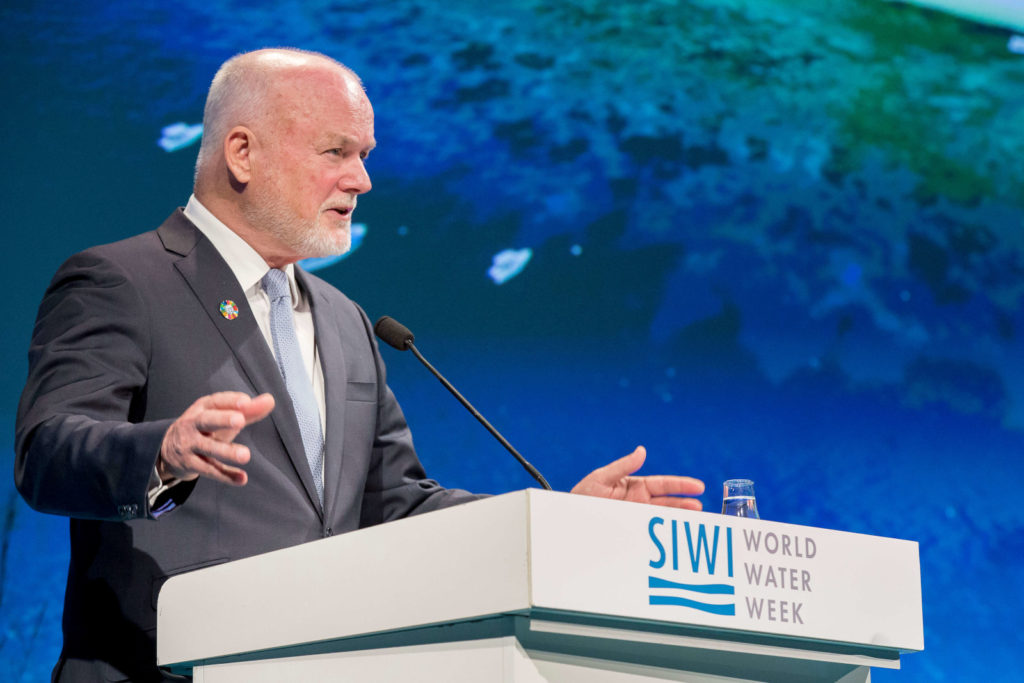
Peter Thomson, during one of his conferences. Photo: SIWI.
– At that Conference you spoke about practical solutions. Which are these solutions and are they really practical?
– As the saying goes, there are no silver bullets. Fixing marine plastic pollution is a hugely complex matter. Who are the real polluters? Should they be made to pay? Can you do without plastic in your life? How can recycling be made more effective? Can we ever clear the ocean of microplastics, and since they are embedded in the marine food chain, what are they doing to us when we eat them? The encouraging news on this is that we are aware of the universal extent of the problem and millions of people and billions of dollars are now committed to finding solutions to marine plastic pollution. But yes, it remains a human travesty, for which we are all accountable. If you turn to over-fishing, again we have no single solution, but many practical ones exist and are being steadily applied, such as FAO’s Port State Measures Agreements, improving on fisheries governance through Regional Fisheries Management Organisations, the development of sustainable aquaculture, and the growing proportion of the Ocean covered by Marine Protected Areas.
– Plastics, illegal fishing, maritime transport, dirty water discharges and polluting liquids… Could you order from highest to lowest which are the greatest threats to the health of the oceans?
– There are many more threats to the Ocean’s health, such as ocean noise, with the oil and gas industry’s seismic airguns, sonar and shipping noise causing immense damage to marine life. Destruction of marine habitats like mangroves, kelp forests, seagrass meadows, wetlands and coral reefs, and the harmful effects on marine ecosystems of “source to sea” pollution of chemicals, urban detritus, excess fertilizers and sewerage must be on any such list. In my mind, the greatest threat to the health of the ocean is the burgeoning levels of anthropogenic greenhouse gas emissions. These are the cause of ocean acidification, deoxygenation and warming, with the knock-on effects of changing marine ecosystems, altering currents, death of coral and rising sea levels. This we can fix through fidelity to the Paris Climate Agreement and much greater ambition from major emitters to get us to a net zero carbon world by 2050.
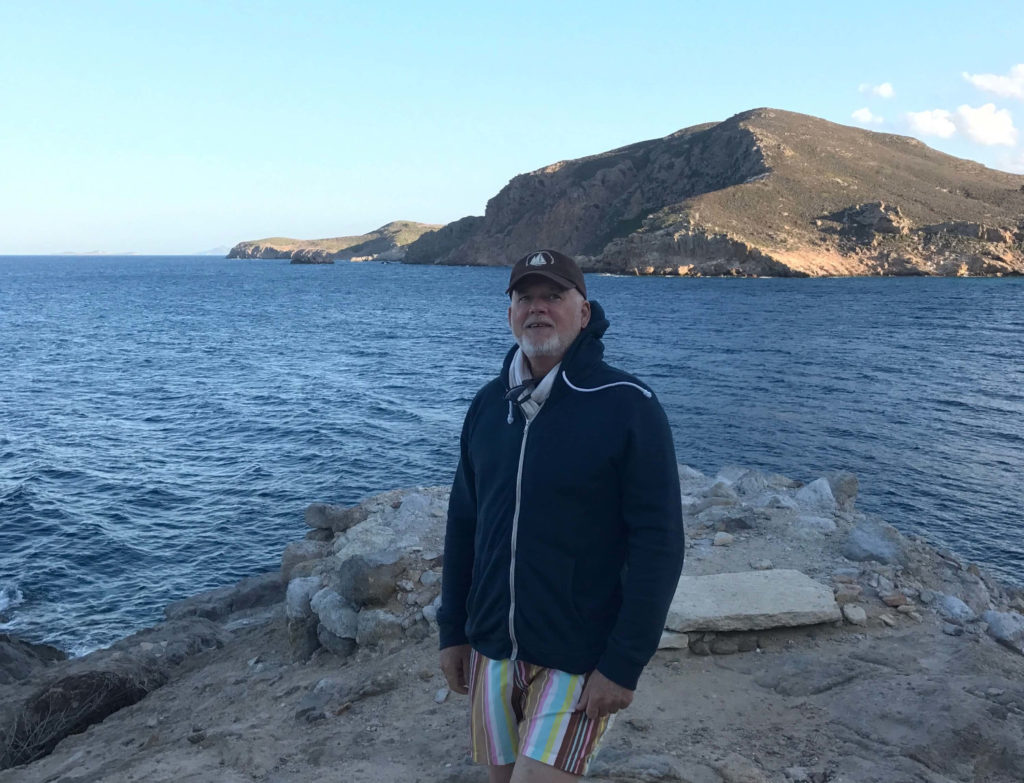
– Based on your knowledge, which advice could you give us to preserve the Mediterranean Sea that surrounds Mallorca?
– I have never been to the Balearic Islands, but would love to. Mostly I would like to go there in a sailing craft so that I keep my carbon footprint under control. The Mediterranean Sea is a microcosm of what is going on in Ocean Action around the world – good people working every day to find and implement the solutions that the decline in the Ocean’s health requires. My best advice to you would be for the government and people of the Balearics to use the Paris Climate Agreement and the UN’s Sustainable Development Goals, in particular SDG14, as the blueprint for all that you do. SDG14 is the 14th Sustainable Development Goal, calling for the conservation and sustainable use of the Ocean’s resources. As Special Envoy for the Ocean, I have a global responsibility to lead the charge for the implementation of SDG14, the Ocean Goal.
– You are also an island man, from the Fiji Islands. Perhaps the Balearic Islands can learn something from this archipelago and vice versa. What are the tourism products that are most promoted and work well in Fiji?
– The basic lesson is that we are all connected. There is one ocean and you can sail in it non-stop from the Balearics to Fiji. It is important that we understand this well, for the melting of Greenland ice-sheets in the North Atlantic has a profound effect on atoll countries in the South Pacific like Tuvalu. Plastic pollution and migrating fish do not respect man-made boundaries on maps, they follow the course of current, wind and temperature. Regarding tourism, I point to ecotourism and the need for the industry as a whole to be in harmony with the natural environment in which it is set. Islands and tourism have become deeply intertwined; but in my lifetime, the scale of that relationship, like plastic production, usage and pollution, has grown exponentially. Going forward, tourism, like all other aspects of humankind’s consumption and production, must show itself to be sustainable and in harmony with Nature.
– If opportunities arise in every crisis, which is the great opportunity for the oceans derived from this pandemic?
– The greatest opportunity is that we as a species turn our heads towards a better path, a greener, bluer path that leads us, through greater respect for nature to a sustainable way of life on this planet. The pandemic has been a wake-up call. We have all seen that the pursuit of happiness through ever-increasing consumption of finite planetary resources is a one-way road to unsustainability, in other words to a destination for our grandchildren that is morally unacceptable.
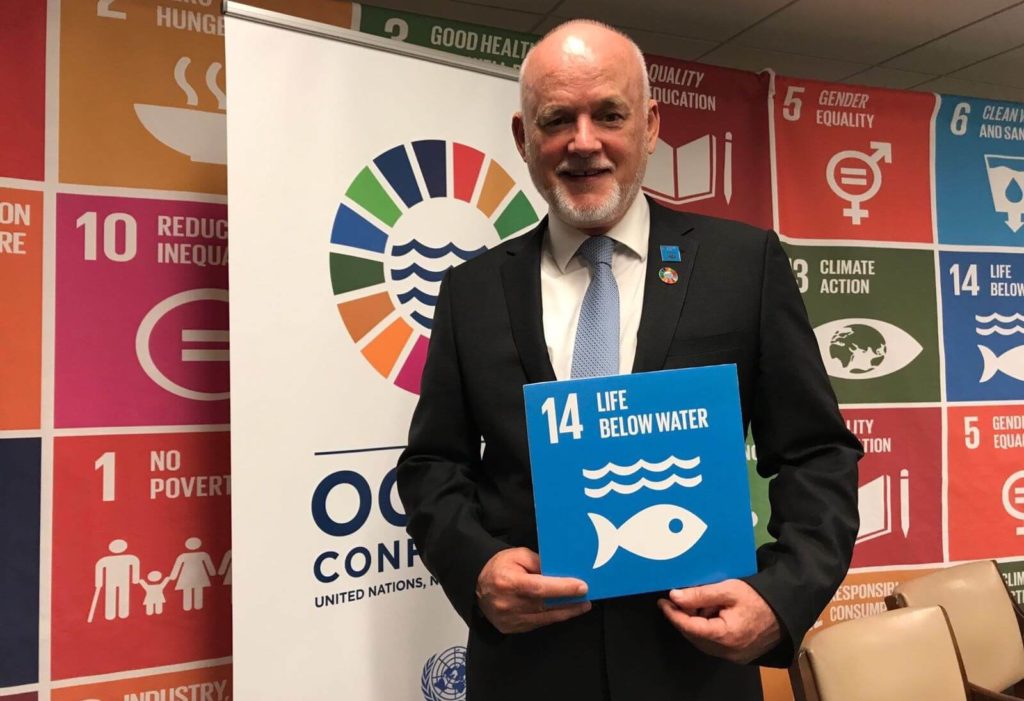

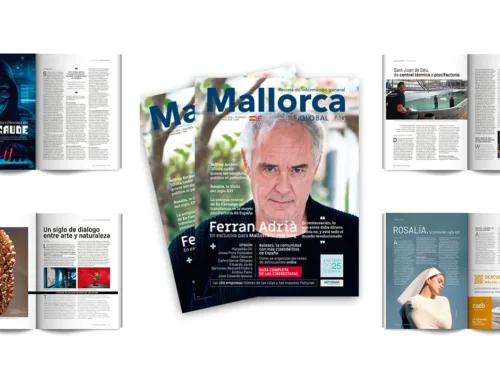

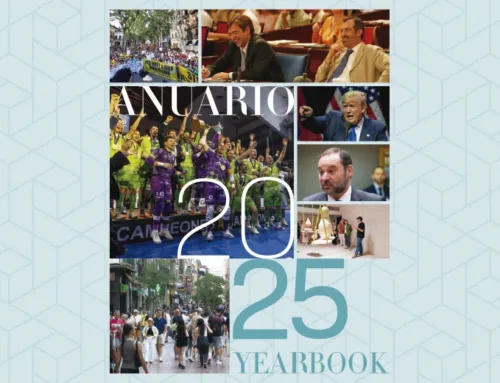
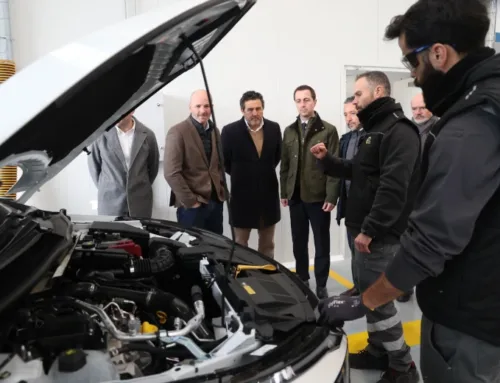


Leave A Comment